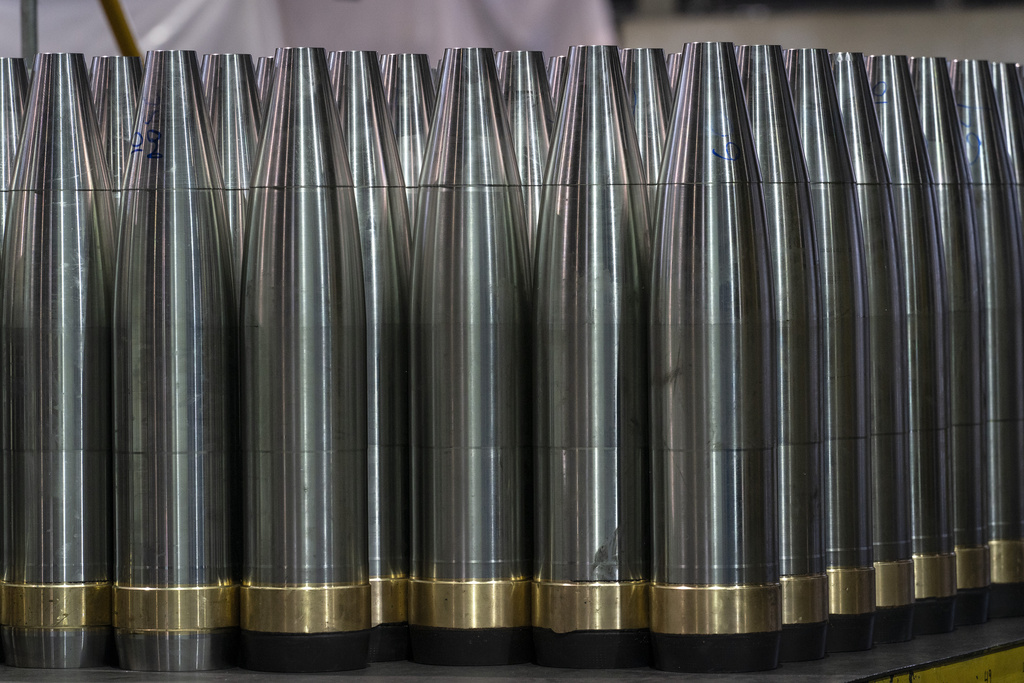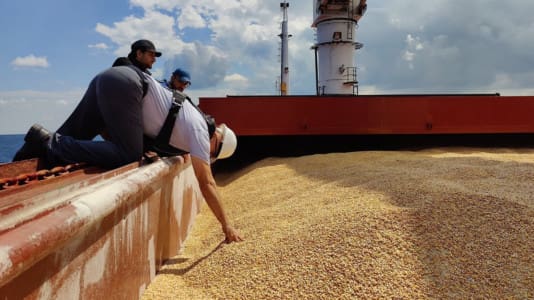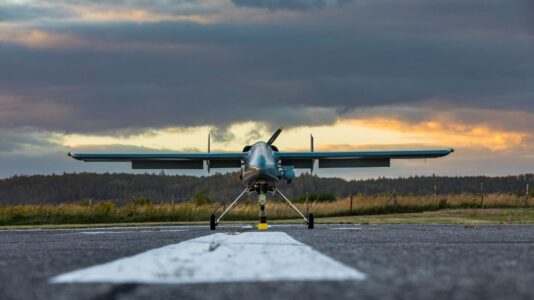South Africa has withheld the delivery of 155mm artillery shells to Poland, citing concerns that the munitions could be sent to Ukraine, according to Ezra Jele, head of the secretariat of the South African government body overseeing arms contracts. After two years of uncertainty, Poland has canceled the contract.
In early 2022, following Russia’s invasion of Ukraine, Poland, along with several non-NATO countries, placed an order for 55,000 Assegai artillery shells from Denel Munition, a South African company and subsidiary of German arms manufacturer Rheinmetall. At the time, Jan-Patrick Helmsen, managing director of Denel Munition, expressed pride in the deal, noting NATO’s continued trust in their globally recognized technology.
However, later that year, South Africa’s National Conventional Arms Control Committee (NCACC) halted the contract’s fulfillment. While export permits to Poland and other countries were not canceled, they were indefinitely suspended, with no clear timeline for resolution, according to Jele.
The deal, valued at approximately 190 million złoty (€44.5 million), was Poland’s second-largest arms purchase from South Africa, with the United Arab Emirates placing the largest order. The NCACC also partially suspended arms exports to Turkey and Saudi Arabia.
In 2023, Jele explained to the South African parliamentary defense committee that the suspension stemmed from fears that the weapons could be redirected to Ukraine. He emphasized that the committee considers various factors when approving or denying permits, including arms embargoes, human rights violations, regional stability, and the risk of weapons being redirected, along with South Africa’s national interests.
The decision also reflects the broader geopolitical and financial context. In April last year, South Africa’s then minister of international relations and cooperation, Naledi Pandor, hosted Russian Minister of Natural Resources and Environment Alexander Kozlov in Pretoria. Around the same time, the ruling African National Congress (ANC) reaffirmed its ties with Russia, calling Putin’s United Russia party a “longtime ally and friend of the ANC.”
Financial difficulties within the ANC, particularly during the run-up to parliamentary and presidential elections, further complicated the situation. At the start of 2023, the ANC was in financial trouble, lacking funds even to organize a pre-election congress. The party then received nearly a million dollars in donations from Viktor Vekselberg’s United Manganese of Kalahari (UMK), a Russian mining company sanctioned by the U.S. This donation led the opposition to question the ANC’s claims of neutrality regarding the Ukraine war and its refusal to condemn Russia’s invasion.
Despite the ANC’s loss of its long-held majority in the May elections, the party retained control over key government roles, including foreign affairs and defense, maintaining its pro-Russian stance.
The ANC’s historical ties with Russia date back decades, with the Soviet Union and Cuba supporting the ANC during its struggle against apartheid, while the U.S. and the U.K. labeled its leaders as terrorists and communists. The U.S. Congress imposed sanctions on apartheid South Africa only in 1986, a point that ANC’s revolutionary wing still highlights during annual meetings.






